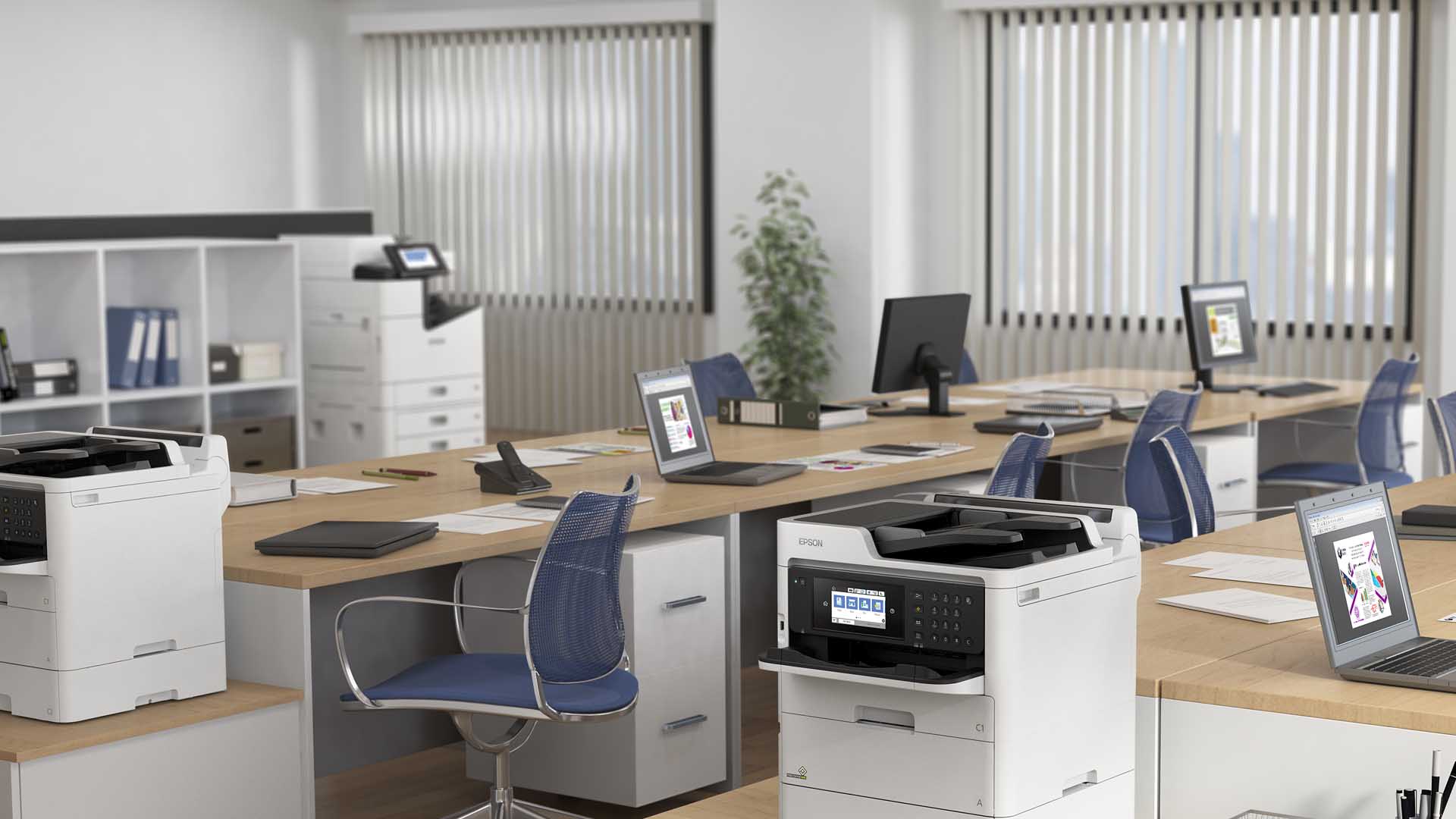For businesses to succeed in today’s competitive digital marketplace, it is important for companies to leverage innovative technologies.
For the Philippines’s small and medium-sized enterprises (SMEs) this can be a challenging prospect. In an Epson survey of 864 SMEs across six of the Association of Southeast Asian Nations (ASEAN’s) largest countries by GDP, 63 ¬percent of Filipino SMEs cited cost as the reason for not moving forward with updating existing technologies.
With SMEs in the Philippines contributing approximately 35 percent to the country’s GDP it is vital for these businesses to be competitive in the regional and global market. This means that business owners need to be building sustainable businesses that can adapt easily to change – from an operations and environmental perspective.

How SMEs Can Build Sustainable Businesses
SMEs are at the heart of the nation’s economy, employing about 70 percent of the workforce and constituting 99.6 percent of all its enterprises, and as such need to be empowered with the right tools to participate successfully in the emerging digital economy.
Companies are also becoming increasingly aware of the need to act sustainably, as this can positively impact company efficiency, brand value and reputation, growth, and stakeholder relations.
From an operations perspective, SMEs can benefit from the adoption of sustainable business practices through the reduction of operating costs, such as power consumption, by selecting hardware that supports business objectives and streamlines energy use.
Streamlining energy usage and reducing SMEs carbon footprint is an ideal way to lower operating costs in the long run and be better to the environment.
For example, retailers can now deploy point-of-sale (POS) printers that connect easily with other technologies and make printing reliable and easy to use for business owners. 83 percent of Filipino respondents to our survey saw this connectivity as a key benefit.
Offices can also manage printing costs more sustainably with environmentally-friendly heat free printers, and on-demand colour label printers not only save cost but reduce wastage – a boon for SME food manufacturers chasing product sales.
However, fostering digital transformation requires more than the adoption of new technologies. Today, this means creating environments where businesses can leverage innovation to deliver meaningful change that drives positive business outcomes.
What Does Sustainable Business Mean To Epson?
Epson believes that a key area that sustainability can be addressed is through investments in new technologies that also have a reduced environmental impact.
The company’s Environmental Vision 2050 establishes our goal to provide products and services that contribute to the environment by making efficient use of energy and resources as well as reducing the environmental impacts of production processes and customers’ business processes.
For SMEs, this means helping them tackle the next steps toward becoming a sustainable business. Epson is committed to helping SMEs reduce their environmental impact by improving work processes with products and services. Our latest creation revolutionizing the future of paper is PaperLab, the world’s first automated paper making system.

All of Epson’s products embody sustainability principles in their design and construction, making our customers’ impact on the environment minimal. For example, our heat free inkjet printers consume up to 85 percent less energy than a laser printer.
You can download the whitepaper on Epson’s study on SME Digital Transformation in SE Asia, at: https://epson.com.ph/digital-transformation
To find out more about Epson’s heat-free sustainable printing solutions, visit: www.epson.com.ph/heat-free







